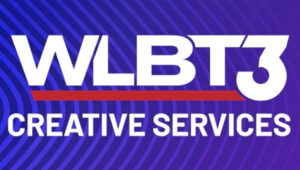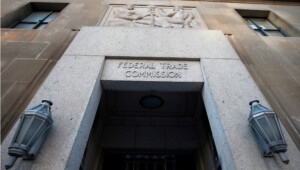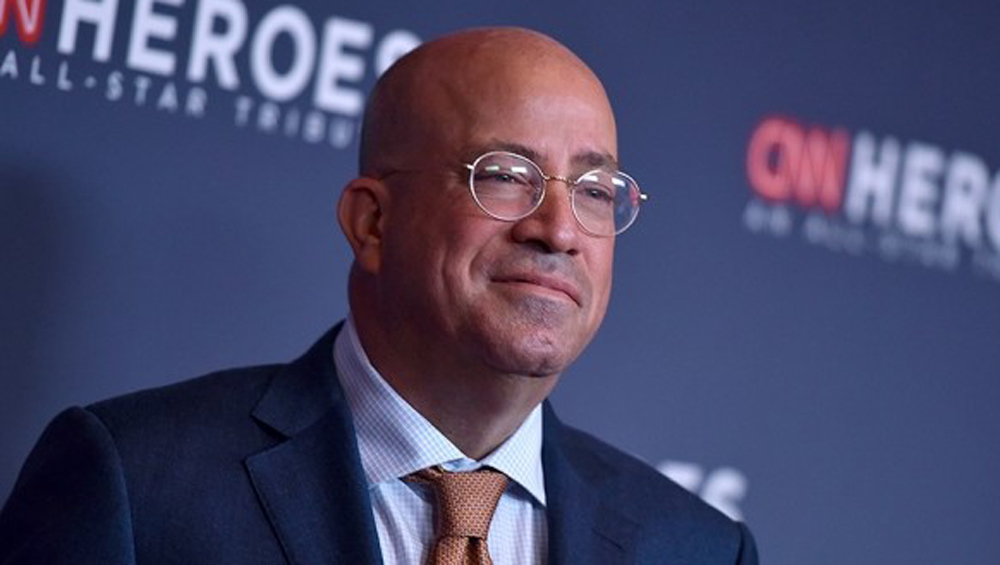
A roughly $1 billion bid from the former CNN chief Jeff Zucker and his Emirati backers raised concerns among lawmakers over a storied conservative newspaper.
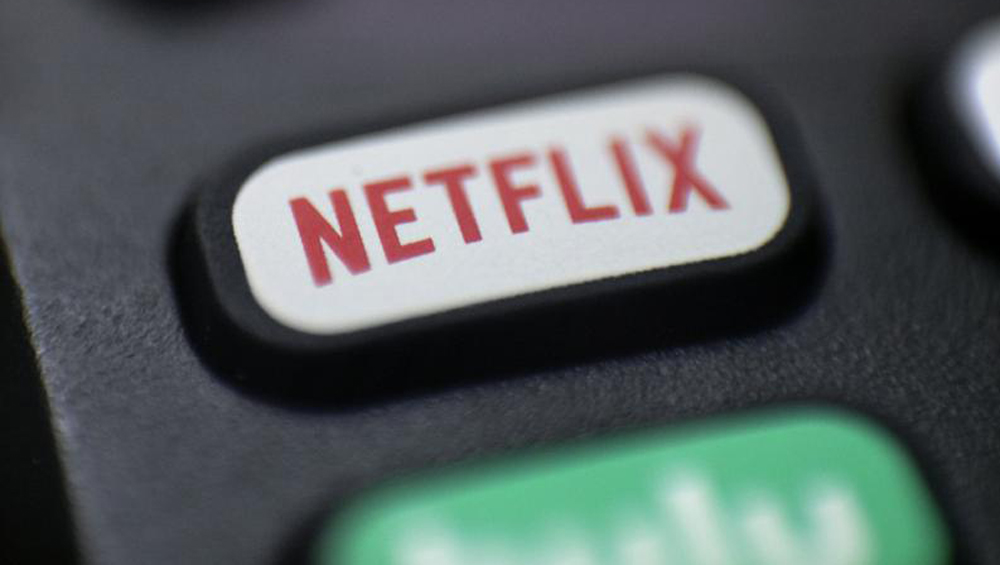
Netflix has signed up to U.K. ratings body BARB in what is a massive coup for TV audience measurement in Britain. BARB, an acronym for the Broadcasters Audience Research Board, claims to be the first industry-owned audience currency in the world that Netflix has joined. While BARB has technically been reporting on streaming numbers in the U.K. for a year now — numbers that have only been available to its broadcaster clients and prohibited from being published — it’s been doing so without the involvement of Netflix and Amazon as clients. (Disney+ is already signed up.)
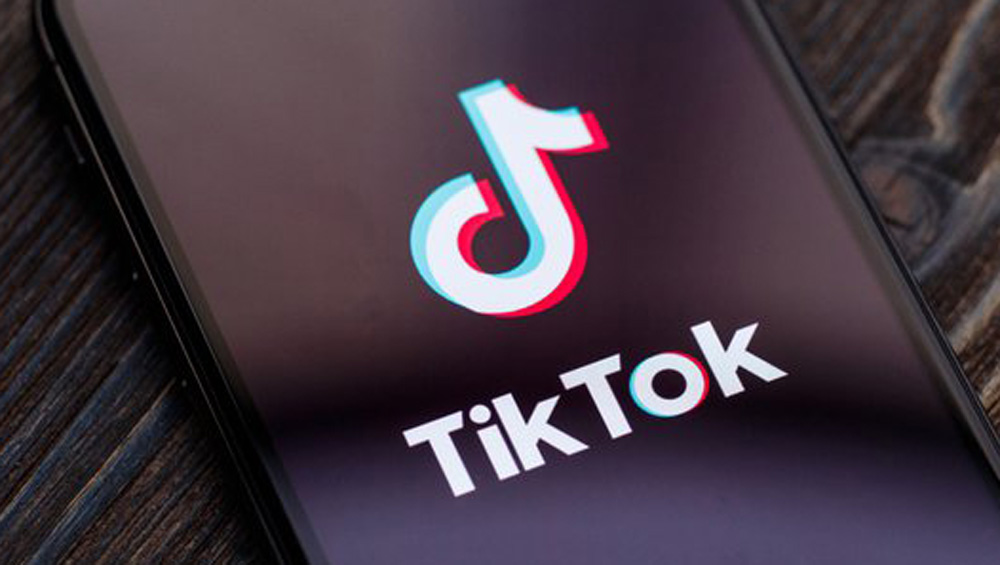
More teenagers are turning away from traditional media outlets and getting their news from social media, new research from U.K. communications regulatory body Ofcom has shown. The number of people consuming news content on TikTok has increased from 800,000 in 2020 to 3.9 million in 2022. For the first time, Instagram is the most popular news source among younger people — used by 29% of teens in 2022 — with TikTok and YouTube close behind.
LONDON (AP) — Paramount+ flexed the star power of its shows as it prepares to launch in the United Kingdom with an event attended by Sylvester Stallone, Viola Davis, Kevin […]

NBCUniversal and Apple News offer marketers new content options and scale within new markets.
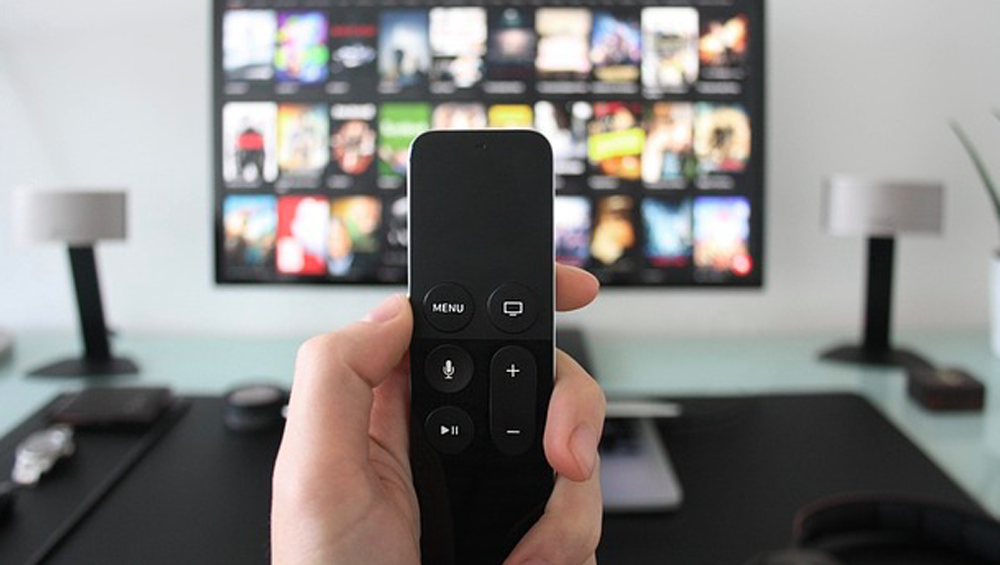
Britons are abandoning streaming services such as Netflix and Disney+ to save money as they suffer the biggest cut to their disposable incomes since the 1950s. Streaming services boomed during the pandemic as people were forced to spend more time at home. With lockdown restrictions lifted, Britons canceled about 1.5 million subscriptions in the first three months of 2022, up by around 500,000 from the previous quarter. More than a third did so to save money, according to a new report by media consultancy Kantar.
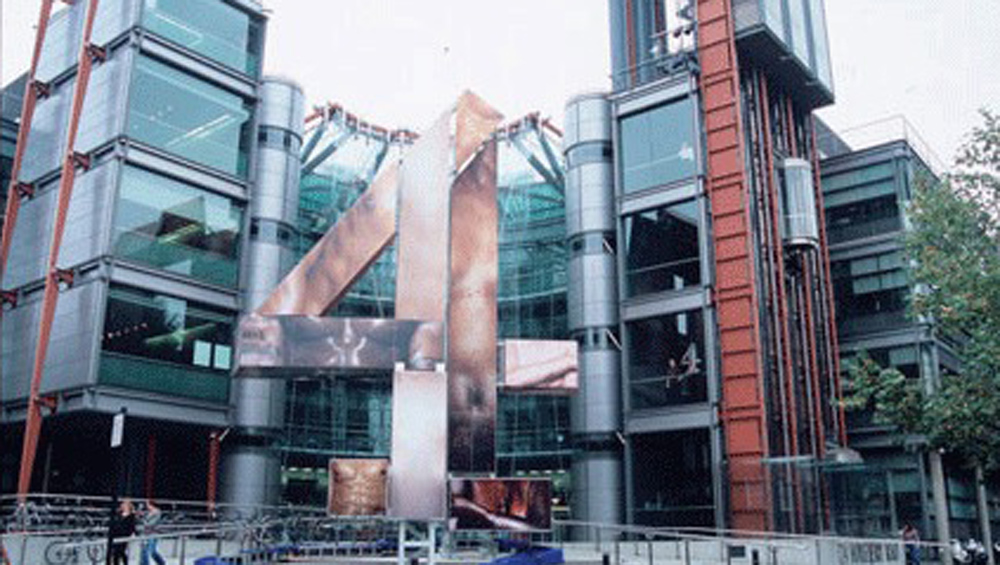
The UK government is pushing ahead with plans to privatize Channel 4. According to sources, Channel 4 CEO Alex Mahon sent an email to staff this afternoon saying that the network has been informed by the government that it will proceed with the proposal made last year. Channel 4 has proposed a vision for privatization and the sale will be pursued up to around £1 billion ($1.3 billion)
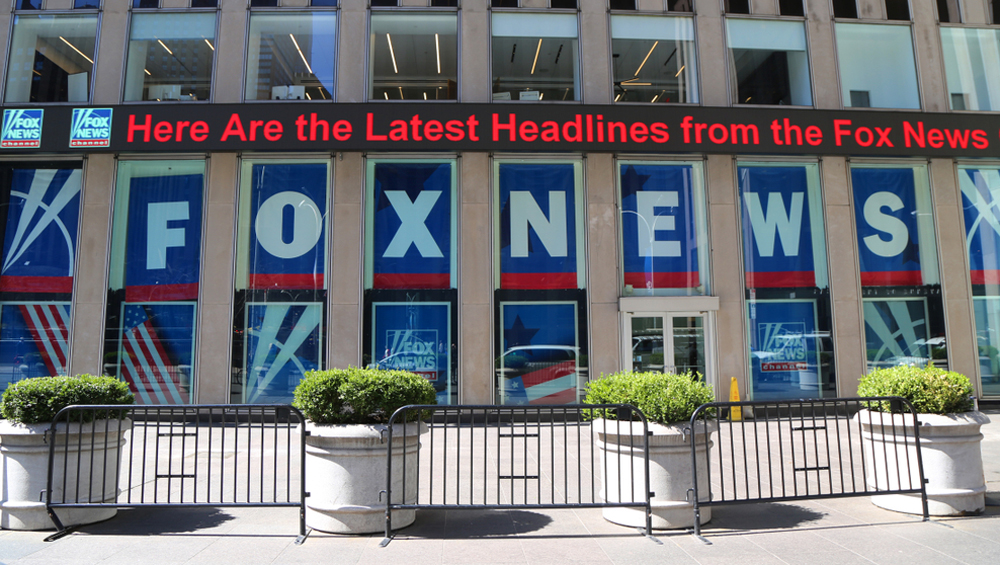
His venture and another upstart by a rival group of investors will challenge the BBC and Britain’s efforts to guard against political bias in television news.
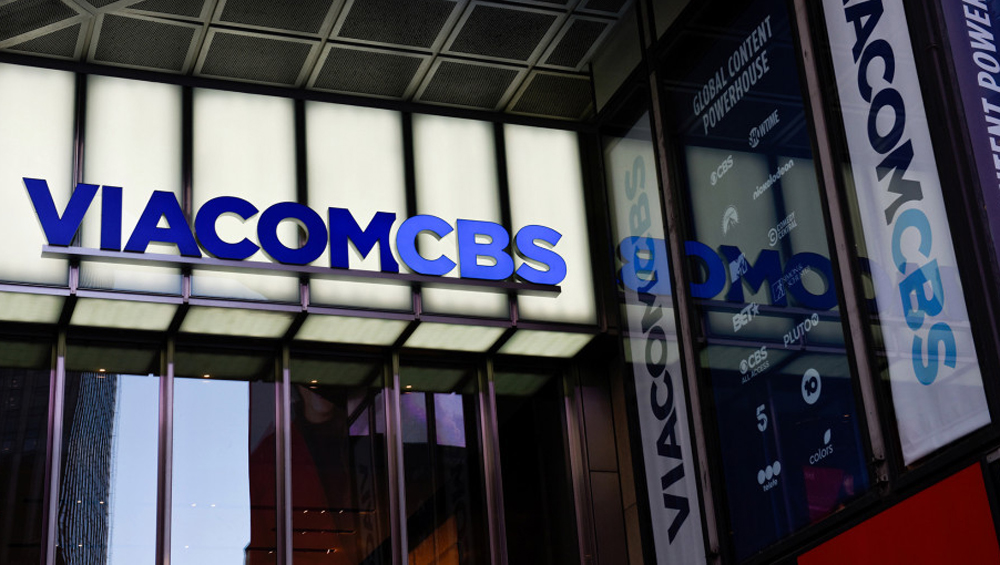
Dan Fahy is promoted to SVP, head of emerging business and will “spearhead a revenue growth strategy for all ViacomCBS Networks U.K. streaming platforms.”

 Vice may need to recheck its hipster calibrations: Viceland, its TV network that has barely made a tremor on U.S. television, has landed in the U.K. with just as minimal an impact. The channel debuted with an average audience of 5,500 from 8 p.m. until 2 a.m. according to Barb data.
Vice may need to recheck its hipster calibrations: Viceland, its TV network that has barely made a tremor on U.S. television, has landed in the U.K. with just as minimal an impact. The channel debuted with an average audience of 5,500 from 8 p.m. until 2 a.m. according to Barb data.
The number of homes in the United Kingdom with a TV has fallen for the first time, as viewers turn to alternatives including tablets and smartphones to watch programmes. Ofcom said that after years of consecutive growth, the number of households with a television set fell from 26.3 million at the end of 2012 to 26.0 million at the end of last year. The media regulator said that nearly one million homes have a broadband connection, but no TV, indicating that other Internet-connected devices are being used to view content.
The deal will add 16 channels to the company’s U.K. portfolio, making SPT the No. 5 cable/satellite/multichannel player in the U.K. market in commercial ad views.
Even though it has flourished in America, people argue whether it has a future in Britain. Either way, local TV is setting up shop in the United Kingdom. From reporters live at the scene of a fire to the familiar faces of anchors and other area-specific programming, the U.S. model of local TV has managed to grab, and keep, the attention of swathes of viewers.
Brands spent more money advertising on the Internet in Britain than they did on TV for the first time in the first half of 2011, as companies moved online to reach the millions of Britons using social networks and watching videos.


